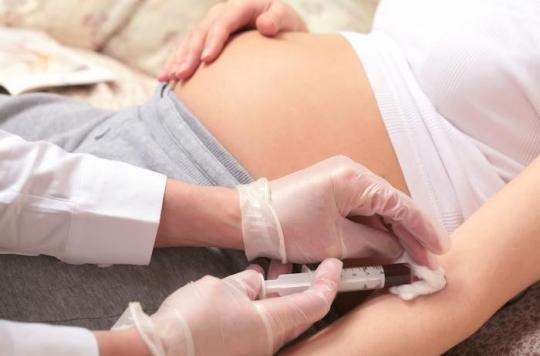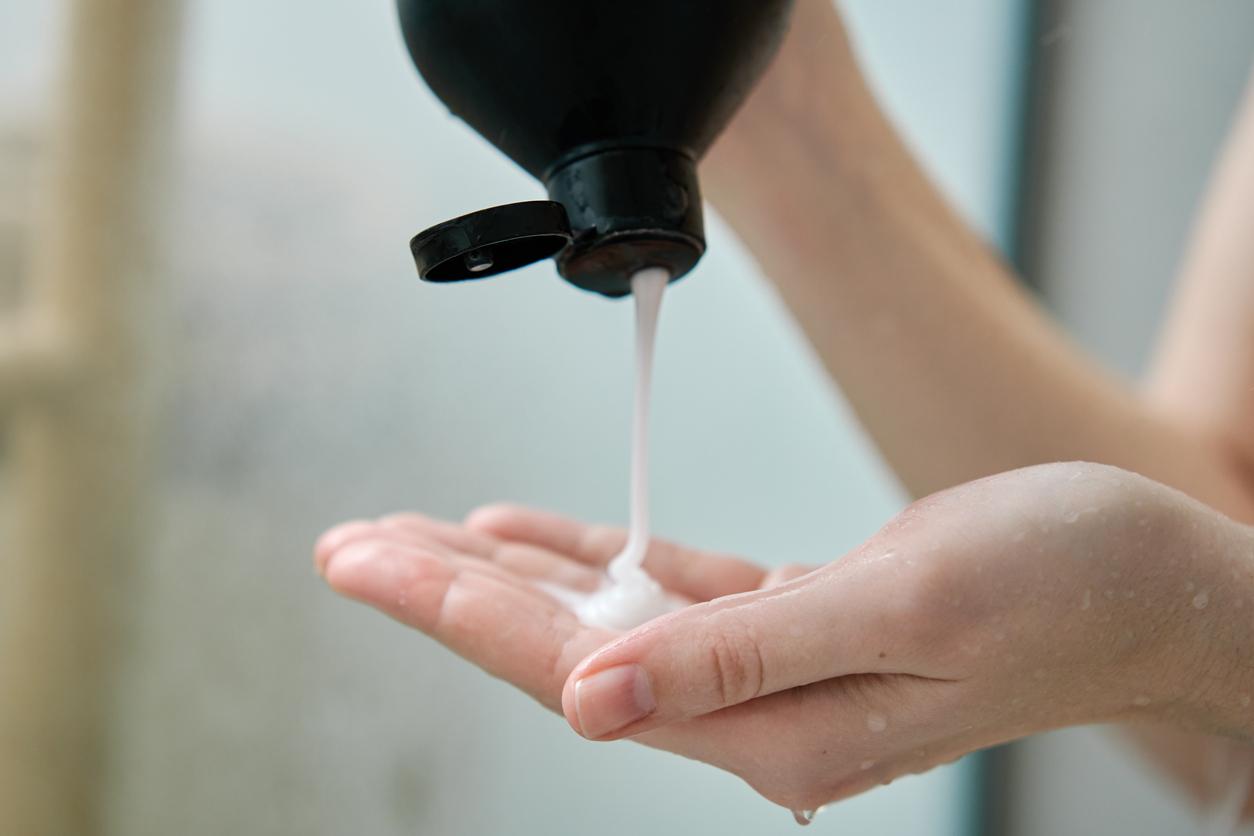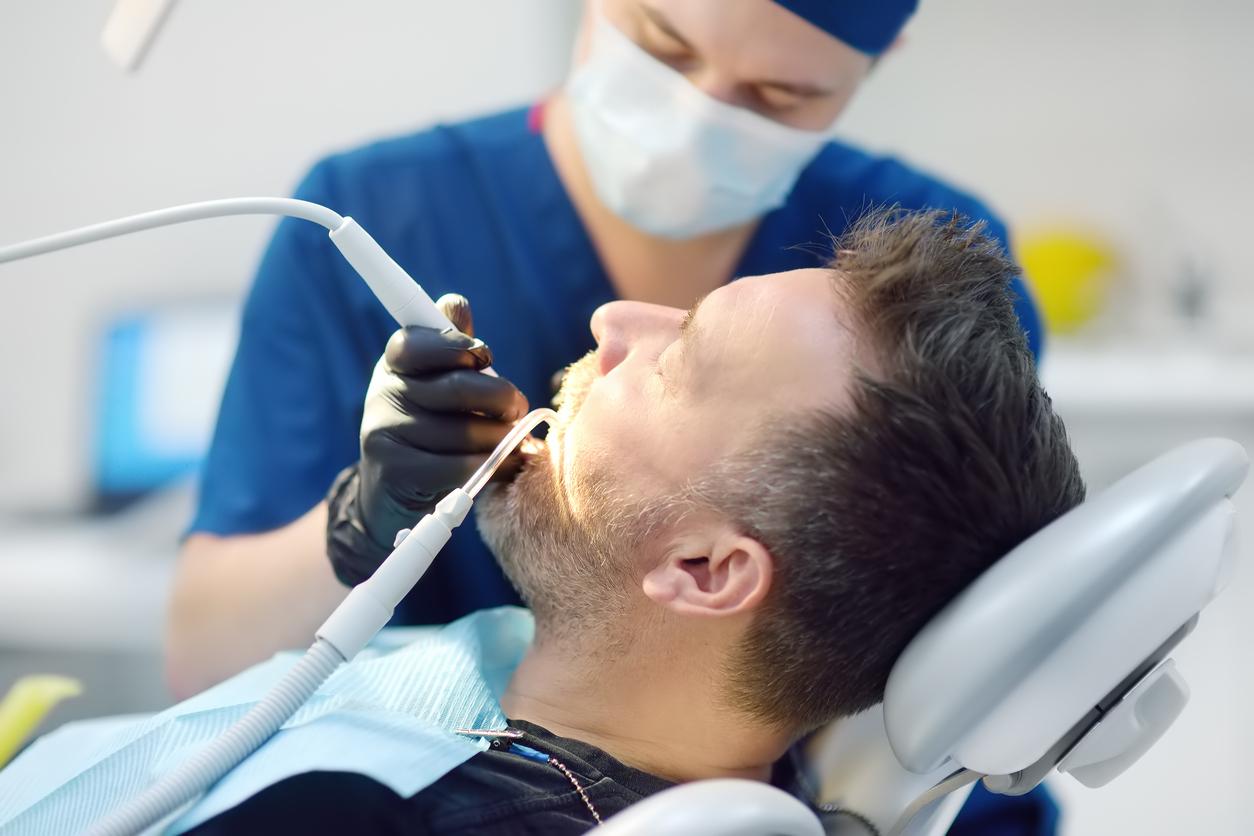The free circulating DNA test has been validated by the French National Authority for Health, and should soon be offered to all pregnant women.

Trisomy 21 affects an average of 27 pregnancies out of 10,000, or more than 2,000 per year, and its frequency increases with the age of the mother. Screening is systematically offered during the first trimester, but each year results in nearly 20,000 amniocentesis and choriocentesis, which represent a low, but not zero, risk of miscarriage (between 0.1 and 1%).
A recent diagnostic method, the free circulating DNA test, makes it possible to limit the use of these invasive procedures. The High Authority of Health had already validated it in 2015, and published this Wednesday its new screening recommendations for trisomy 21, which now include it.
Additional test
Since 2009 and the publication of its latest recommendations, screening has been based, in the first trimester of pregnancy, on a measurement of the nuchal translucency (an area in the neck of the fetus) by ultrasound, and an assay of serum markers (biological examination on a simple maternal blood test). These two tests, combined with the evaluation of individual risk factors, in particular the age of the patient, make it possible to define a risk of Down’s syndrome in the fetus.
If it is estimated at more than a chance in 250, an amniocentesis or choriocentesis is performed, in order to establish the karyotype of the fetus (a photo of the chromosomes), which makes it possible to verify the presence or not of a third chromosome. 21, responsible for Down’s syndrome.
Only 4% of useful amniocentesis
But in 2014, the 18,500 procedures performed only led to 750 diagnoses of Down’s syndrome, or 4% of cases. With significant risks of fetal loss or premature birth.
To limit unnecessary procedures, HAS therefore wishes to integrate the free circulating DNA test into this diagnostic procedure. It uses the presence in the maternal blood of DNA strands from the embryo. It is then possible to detect the presence of a chromosomal abnormality, such as trisomy 21.
Fewer procedures, better detection
The agency would like it to be offered to women whose risk is estimated between 1 in 1,000 and 1 in 51. “This integration of a DNA test in the screening for fetal trisomy 21 will make it possible to refine the assessment of risk and thus better target women to whom a fetal karyotype will be offered, ”she explains in a press release.
If her recommendations are followed, she estimates that detection would indeed be improved by 15%, or about 165 cases each year, and the number of invasive procedures divided by four. The HAS nevertheless recalls that “the place of the fetal karyotype remains unchanged”, because “only this examination makes it possible to make a diagnosis”. For women whose risk is greater than 1 in 50, it will therefore continue to be offered as first-line treatment.
The free circulating DNA test should therefore soon be offered as a routine, time for the health authorities to organize its reimbursement. It is already offered free of charge in all AP-HP maternity hospitals.
.

















